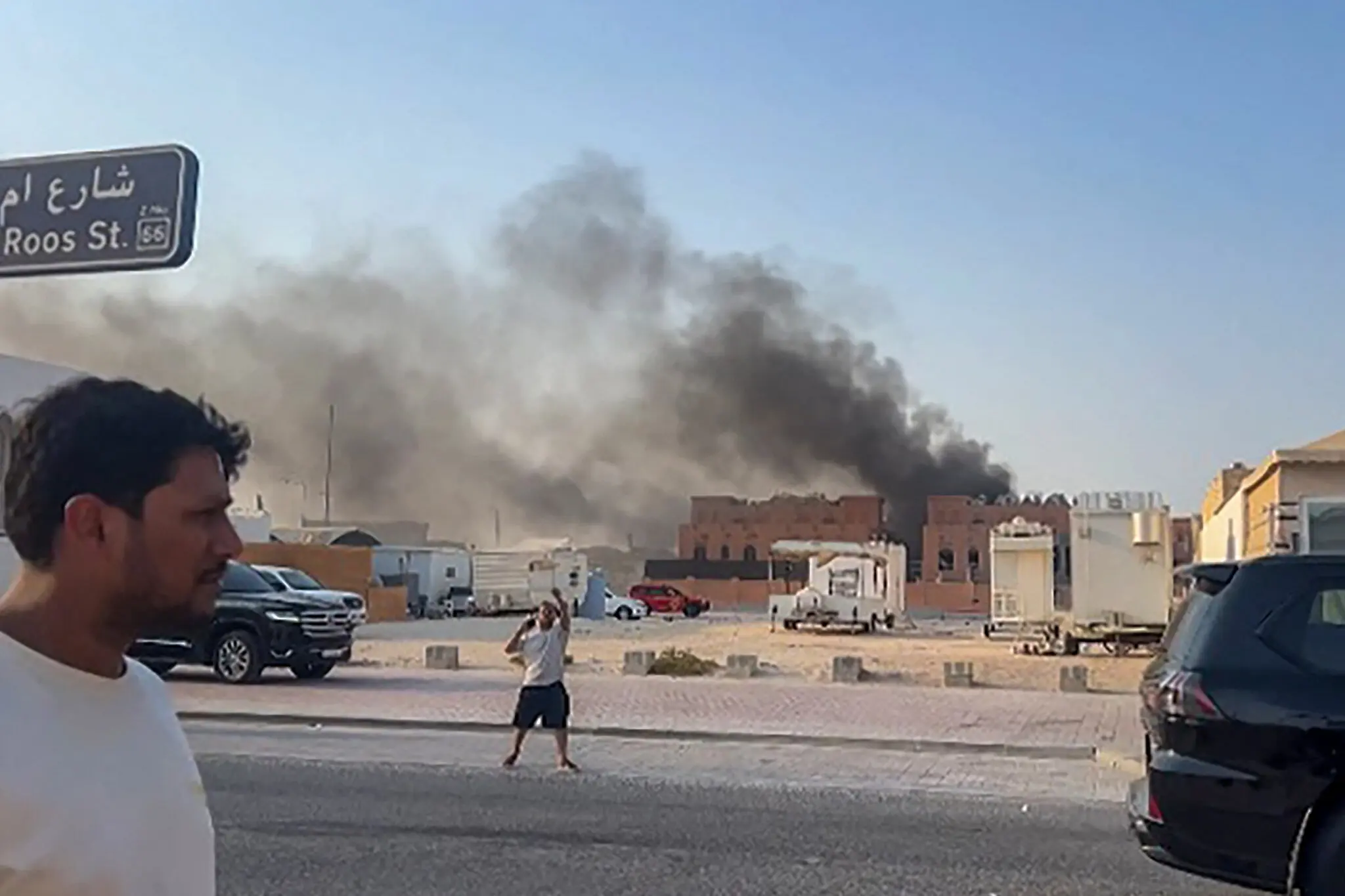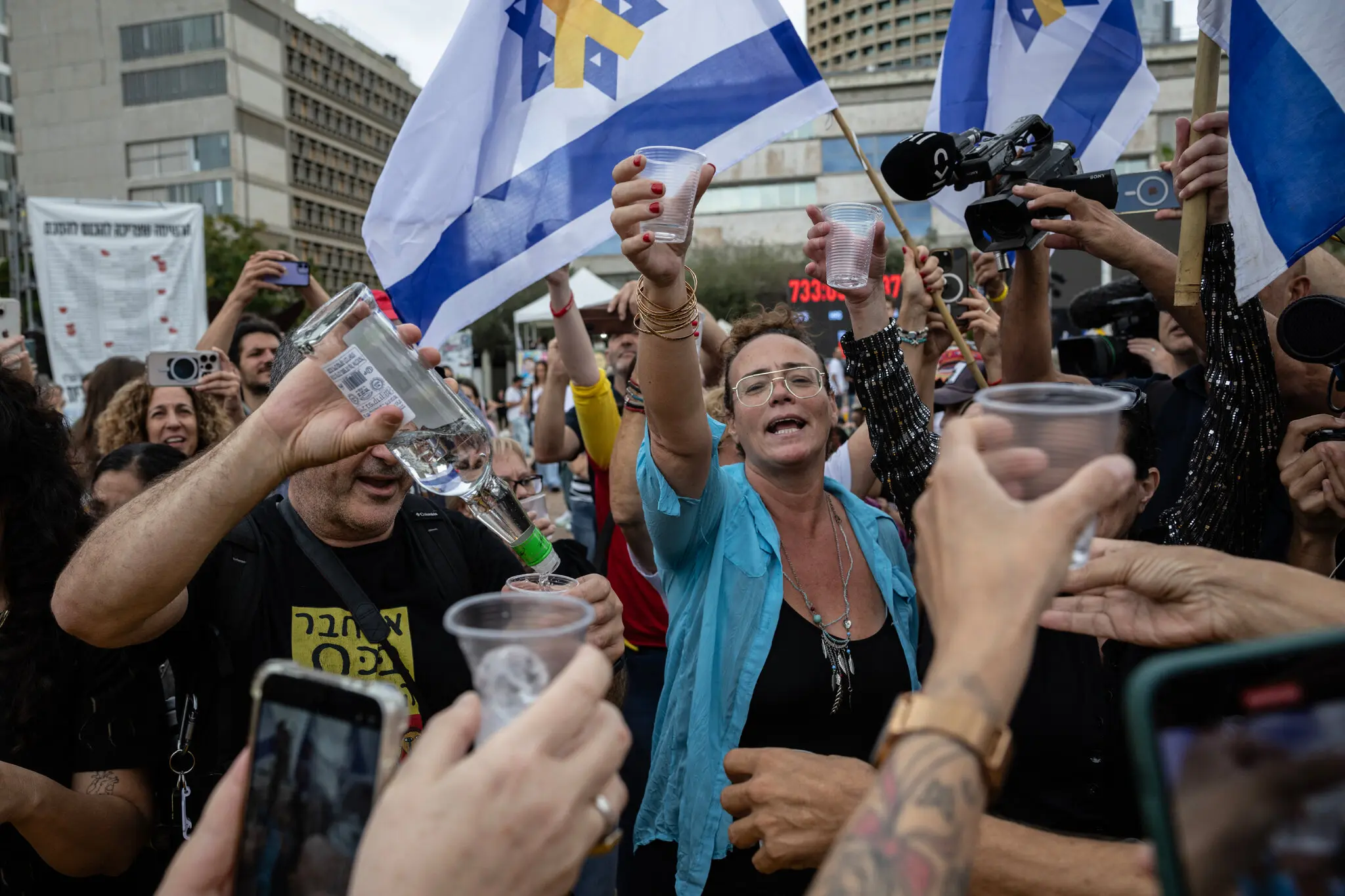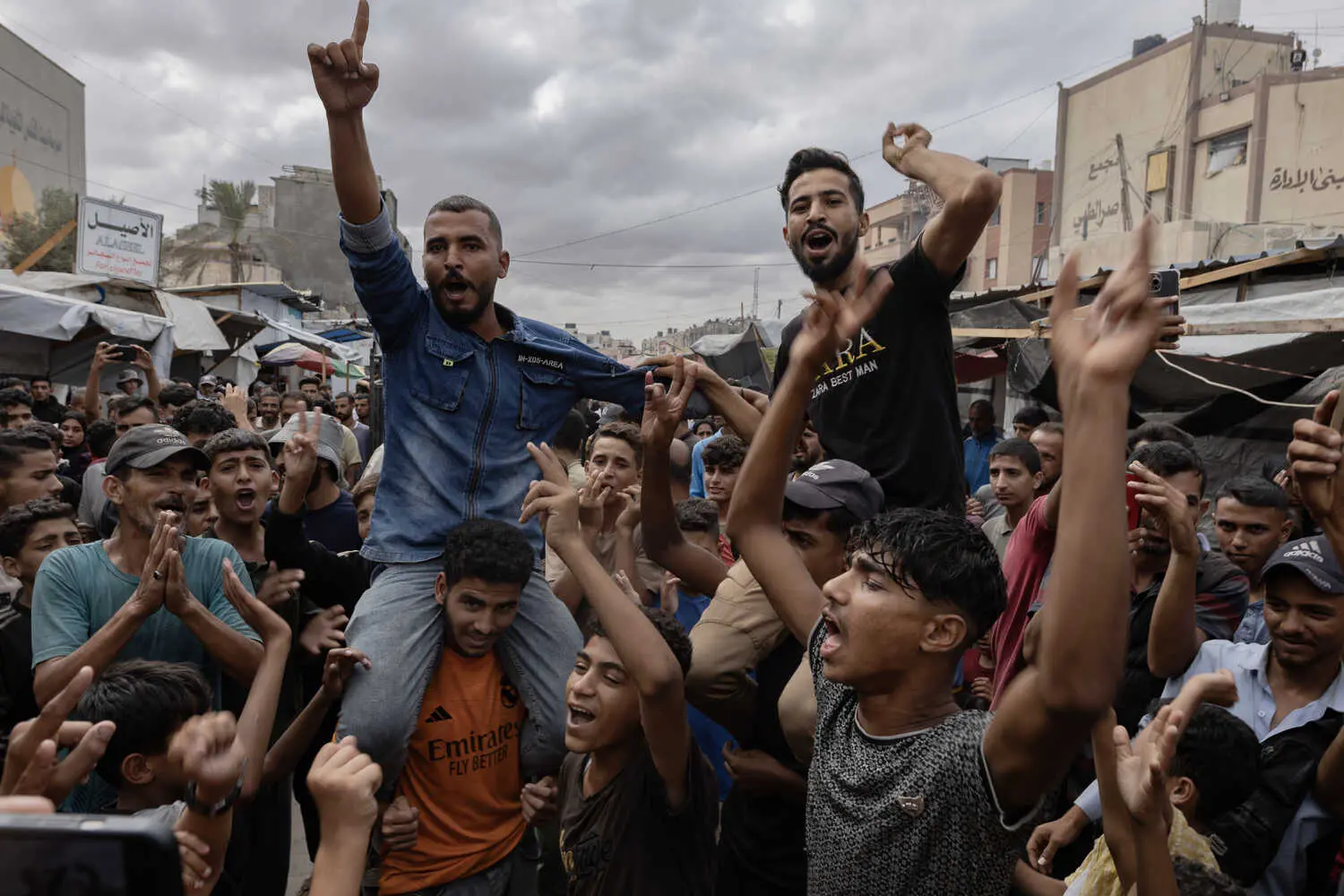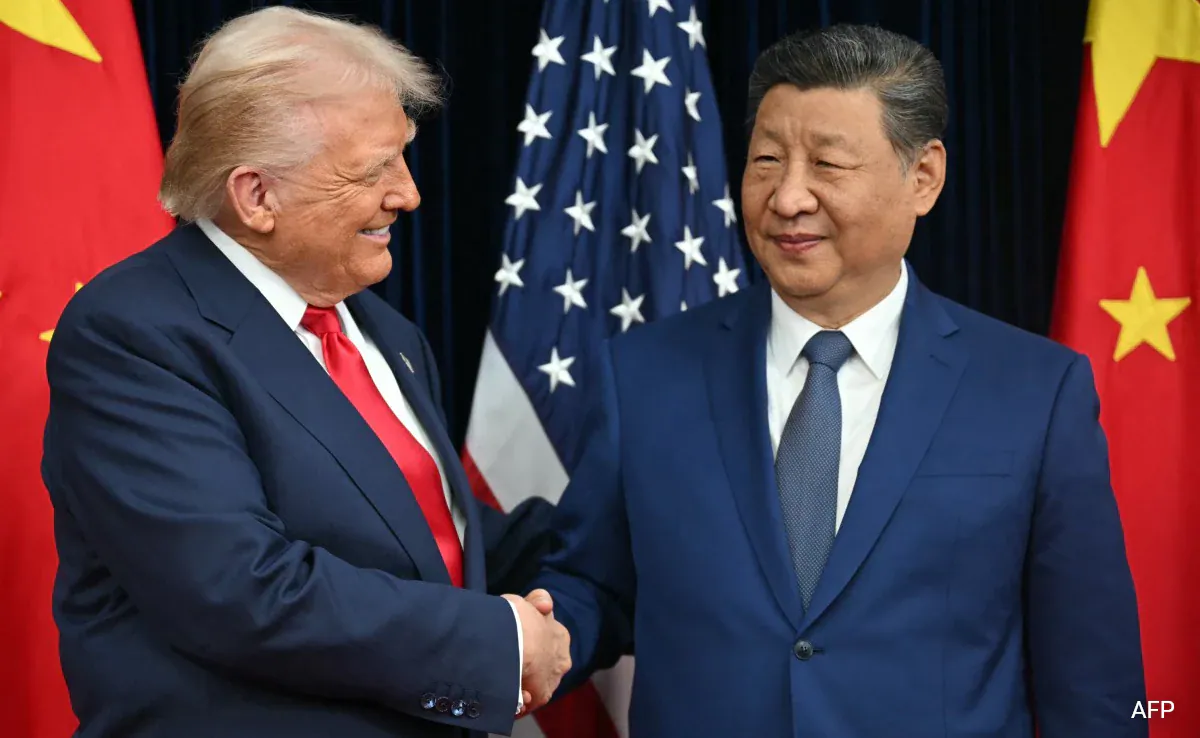Israel and Hamas Strike Deal, Opening Door for Cease-Fire in Gaza
09.10.2025
Israel and Hamas Reach Initial Deal Toward Gaza Cease-Fire
Israel announced that a temporary truce would begin on Friday, opening a 72-hour window for the exchange of hostages and prisoners. President Trump said he might travel to the region over the weekend to help secure the agreement’s next phase. The deal marks the first tangible progress toward ending the devastating two-year conflict between Israel and Hamas — a war that has left Gaza in ruins and strained Israel’s relations around the world.
The First Step: Hostages-for-Prisoners Exchange
After intense diplomatic pressure from President Trump and Arab mediators, Israel and Hamas agreed on an initial plan to exchange Israeli hostages for Palestinian prisoners. The first transfers are expected to begin within days. Israeli Prime Minister Benjamin Netanyahu confirmed he invited Trump to address Israel’s Parliament as part of the new diplomatic effort.
Although the full text of the agreement remains undisclosed, Israeli officials say it will trigger a cease-fire and partial military withdrawal from Gaza. Israel’s army confirmed it is preparing to realign its forces and support the operation to bring hostages home. Hamas, for its part, urged international leaders to ensure Israel “fully implements the agreement’s terms without delay.”

Limited Scope of the Agreement
The deal represents only a fraction of the broader 20-point proposal offered by the U.S. administration. Major issues — such as Gaza’s postwar governance and the disarmament of Hamas — are deferred to later stages. In Gaza, aid groups expressed hope that food, medicine, and other supplies could soon flow more freely into the enclave, where international agencies have declared famine in some areas. Even as news of the truce spread, Israel’s military warned that operations in Gaza were ongoing. Smoke and explosions were still visible on Thursday morning, underscoring the fragile nature of the cease-fire talks.
Humanitarian Toll and Reactions
The Gaza war began in October 2023 when Hamas militants attacked Israel, killing around 1,200 people and taking some 250 hostages. Since then, more than 67,000 Palestinians have died, according to Gaza’s health ministry, and much of the territory’s infrastructure has been destroyed. For Israel, the deal brings hope that roughly 20 remaining hostages may return home. Families gathered in Tel Aviv’s Hostages Square to celebrate the news, waving Israeli and American flags as they sang and danced.
U.N. Secretary General António Guterres welcomed the agreement as a “moment of relief” for both sides, urging leaders to use it as a foundation for lasting peace and a credible path toward a two-state solution.
U.S. Envoy and Hospital Preparations
Steve Witkoff, the U.S. special envoy for peace, arrived in Israel to oversee implementation of the agreement. Hospitals in Tel Aviv — Beilinson, Ichilov, and Sheba Medical Centers — are preparing to receive released hostages. “Everything is ready,” said Dr. Noa Eliakim-Raz, who heads one of the specialized medical units.
Risks and Concessions for Hamas
For Hamas, agreeing to the exchange carries significant risk. The group relinquishes its leverage — the hostages — in exchange for uncertain political outcomes. Analysts say the move reflects Hamas’s weakened position after two years of war and mounting pressure from allies like Qatar and Turkey. “This is a major gamble,” said Palestinian analyst Esmat Mansour. “Hamas is betting on international guarantees to prevent Israel from resuming the war.”
The agreement calls for the release of all surviving hostages and the return of remains, in exchange for hundreds of Palestinian prisoners. However, the toughest issues — Gaza’s future governance and the question of Hamas disarmament — remain unresolved.

A Fragile Peace and a Long Road Ahead
Arab mediators say Hamas is trusting the United States to ensure that Israel abides by the truce. Future negotiations may involve further concessions, possibly allowing Hamas limited influence in postwar Gaza. Netanyahu continues to insist that Hamas must be fully disarmed before a permanent cease-fire can take hold — a demand Hamas equates with surrender. “The remaining issues are not easy ones,” said Mansour.
Even as both sides celebrated the progress, the region remained tense. Earlier in September, Israeli jets launched a surprise strike in Qatar targeting Hamas officials involved in cease-fire talks — an attack that almost derailed negotiations. Yet, 20 days later, Netanyahu and Trump stood side by side at the White House, hailing what they described as “a historic step toward peace.” While Israel called it a success, many observers caution that true stability in Gaza will depend on whether both sides honor this fragile deal.






